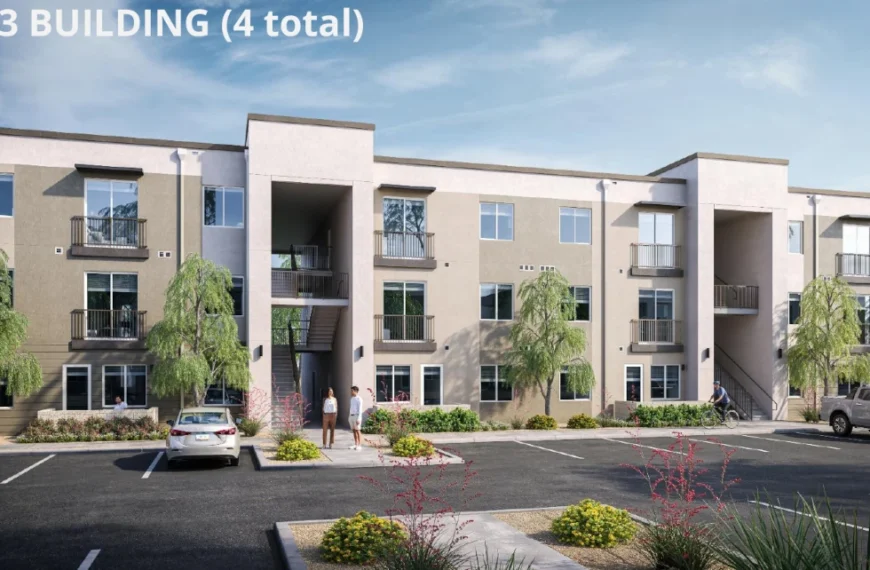The Casa Grande City Council unanimously approved a major amendment to the Mission Por Del Rio Planned Area Development (PAD) Monday night that highlights growing tensions around water access and sustainability in Pinal County.
The amendment changes an 11.7-acre parcel from requiring for-sale attached homes to allowing rental units, a modification that could have serious implications for regional water sustainability. While appearing to be a simple ownership structure change, the amendment intersects with Arizona’s complex water supply regulations in ways that may undermine water conservation goals.
Under Arizona law, developments creating six or more individual lots require Certificates of Assured Water Supply (CAWS), which demand rigorous proof of sustainable water availability for 100 years. However, rental developments on a single parcel can receive water through Arizona Water Company’s separate groundwater allocation, which faces less stringent sustainability requirements.
The regulatory distinctions between rental and owned properties highlight significant differences in water supply requirements, even though both types of development use similar amounts of water. For owned properties creating six or more lots, Arizona’s Assured Water Supply Program requires developers to meet seven strict criteria, including proving water will be physically available for 100 years, demonstrating the supply is uninterruptible, showing legal rights to water supplies, meeting state water quality standards, proving financial capability to build delivery systems, and ensuring consistency with Active Management Area conservation requirements and management goals.
In contrast, rental developments on a single parcel can receive water through Arizona Water Company’s allocated groundwater supply with significantly fewer requirements. While the water company must report withdrawals to ADWR and is regulated in terms of how much groundwater they can sell from the aquifer, they don’t need to demonstrate 100-year availability or meet the other comprehensive sustainability criteria required for owned properties.
This distinction becomes particularly concerning given recent Arizona Department of Water Resources groundwater models showing there may not be enough groundwater to meet demands for 100 years in the region. The Assured Water Supply Program was created specifically to address the problem of limited groundwater supplies and promote long-term water sustainability. However, the rental development path appears to create a significant policy gap: while using similar amounts of water as owned properties, rental developments can proceed without the same guarantees of long-term supply sustainability.
The property in question, Parcel K within the 250-acre master-planned development, does not have CAWS. Through this amendment, approximately 55 dwelling units could be developed as rentals while avoiding the more rigorous water sustainability standards required for individually-owned homes. While city staff indicated the property could potentially convert to individually-owned units if water certificates become available in the future, the concerning groundwater supply outlook makes such conversion questionable.
The Planning and Zoning Commission had previously recommended approval with a 6-0 vote at their October 3 meeting. The approved amendment allows the parcel to be developed as detached rental homes, duplexes, triplexes, fourplexes, or townhomes.
According to city staff, several steps remain before development can begin. The developer must submit a major site plan for city review, which will examine traffic impact, utilities, and infrastructure requirements. At this stage, Arizona Water Company would need to enter into a water service agreement with the developer, reporting the projected water demands to ADWR as part of their groundwater allocation monitoring. Staff also noted that while future conversion to individually-owned units remains technically possible under the amendment, such a change would require obtaining Certificates of Assured Water Supply, which may be challenging given current water availability projections for the region.








